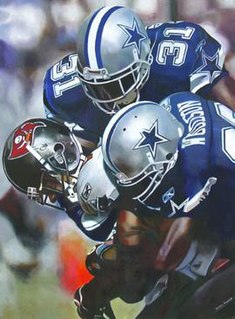A Quote by Helen Bevington
I always return to Paris, taking my selves along - past self, customary self, the self I never had.
Related Quotes
Happiness is your real nature. You identify with yourself with the body and mind, feel it's limitations, and suffer. Realize your true self in order to open the store of happiness. That true self is the reality, the Supreme Truth, which is the self of all the world you now see, the self of all the selves, the One real, the Supreme, the Eternal self - as distinct from the ego or the bodily idea for the self.
Speaking of Self-realizatio n is a delusion. It is only because people have been under the delusion that the non-Self is the Self and the unreal the Real that they have to be weaned out of it by the other delusion called Self-realizatio n; because actually the Self always is the Self and there is no such thing as realizing it.
It is a mistake to look at someone who is self assertive and say, "It's easy for her, she has good self-esteem." One of the ways you build self-esteem is by being self-assertive when it is not easy to do so. There are always times when self-assertiven ess requires courage, no matter how high your self-esteem.
First comes Self-confidence, that is the foundation. Then comes Self-satisfaction, it is like the wall. Next comes self-sacrifice, it is like the roof. Finally the house is complete and the Indweller is installed inside; that is Self-realization. It starts with Self-confidence and it ends with realizing the Self.




































